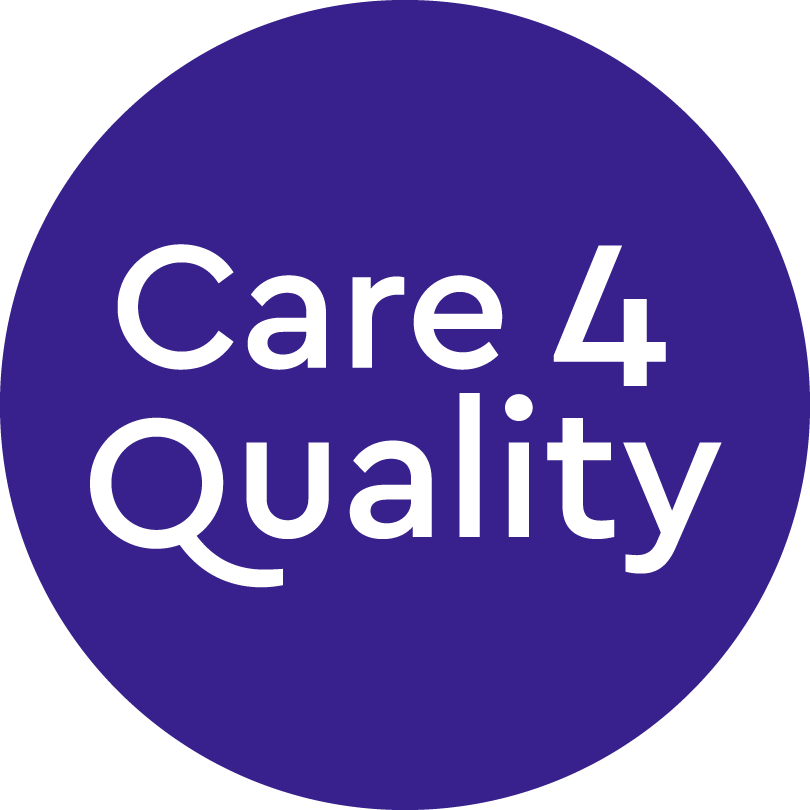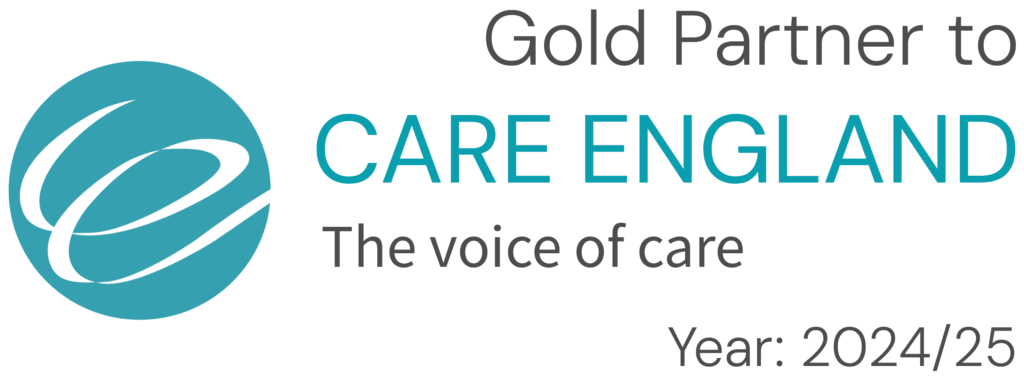1.During the pandemic, the principles of the MCA and the safeguards provided by
DoLS still apply. This emergency guidance is for all decision-makers in England
and Wales who are caring for, or treating, a person who lacks the relevant
mental capacity. It applies to all cases during the pandemic. It applies until
withdrawn by the Department for Health and Social Care (‘the Department’). The
content of this guidance should not become the new norm beyond the pandemic.
2. During the pandemic, it may be necessary to change a person’s usual care and
treatment arrangements to, for example:
• provide treatment to prevent deterioration when they have or are
suspected to have contracted COVID-19,
• move them to a new hospital or care home to better utilise resources,
including beds, for those infected or affected by COVID-19, and
• protect them from becoming infected with COVID-19, including support
for them to self-isolate or to be isolated for their own protection.
3. New arrangements may be more restrictive than they were, for the person,
before the pandemic. It is important than any decision made under the MCA is
made in relation to that individual; MCA decisions cannot be made in relation to
groups of people.
4. All decision makers are responsible for implementing the emerging government
public health advice (https://www.gov.uk/government/publications/covid-19-stayat-home-guidance). Care and treatment arrangements may need to be adjusted
to implement that advice. The government has also issued specific advice for
social care providers during the pandemic
(https://www.gov.uk/government/publications/covid-19-residential-caresupported-living-and-home-care-guidance).
5. When making decisions during the pandemic, about the care and treatment of
people who lack the relevant mental capacity, staff should seek consent on all
aspects of care and treatment to which the person can consent.

